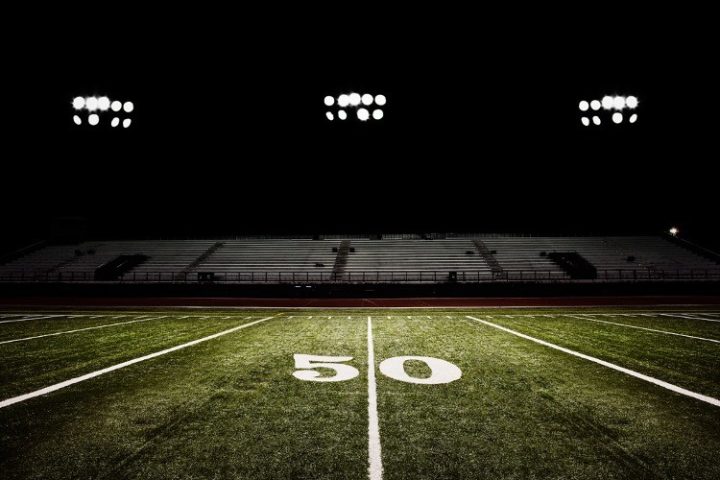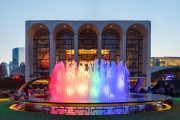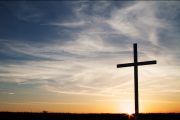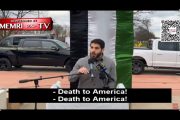
For six years, former Bremerton, Washington, high School football coach Joe Kennedy has waited for justice. The Supreme Court initially refused to hear his appeal in 2019 when lower courts ruled in favor of the school district’s firing of him for violating its rules on religious expression. On Friday, the Supreme Court announced it will finally hear arguments in Kennedy v. Bremerton School District, with its decision expected by June.
For eight years, Kennedy prayed with his players, both in the locker room before games and immediately afterwards on the 50-yard line. His messages resonated to the point where a majority of the team was praying with him, including players and coaches of the opposing teams.
Things gained momentum and Kennedy eventually started giving motivational speeches after games, invoking Biblical messages.
In 2015, however, an opposing coach decided enough was enough, and, encouraged by the liberal group Americans United for Separation of Church and State (AUSCS), the school district was pressured to order Kennedy to stop the practice. When he refused to stop, he was fired.
With the assistance of First Liberty Institute (FJI), Kennedy filed suit, and over the intervening years lower courts have consistently ruled against him. Kennedy almost gave it up. In an op-ed published by Fox News last year he wrote:
There are days when I want to give up and move on with my life. There are days when I don’t think I can keep fighting this fight.
But that’s when I remember the hundreds of times I told my players not to quit, no matter the challenge.
The issue is much larger than whether he can pray in public or not. At issue is the First Amendment’s guarantee that “Congress shall make no law respecting an establishment of religion, or prohibiting the free exercise thereof.” By incorporation the 14th Amendment now applies that First Amendment to the states. And AUSCS attorneys have made a nice living litigating the apparent conflict ever since.
If Kennedy is an employee of Bremerton High School, then he doesn’t have First Amendment rights. His utterances are “government speech,” which isn’t protected by the First Amendment. If the Supreme Court upholds the lower courts’ rulings, then freedom of speech for every government employee is threatened.
Wrote Kennedy:
I also think of the thousands of other public school coaches and teachers whose unalienable right to freely exercise their faith in public is at risk if the [lower] courts’ decisions against me are allowed to stand.
As First Liberty attorney and CEO Kelly Shackelford said, “No teacher or coach should lose their job for simply expressing their faith while in public. By taking this important case, the Supreme Court can protect the right of every American to engage in private religious expression, including praying in public, without fear of punishment.”
It’s important to note that the Supreme Court’s initial denial of Kennedy’s appeal occurred while the high court was dominated by liberals. After Trump’s successful appointment of “originalists” who have pledged to follow the Founders’ original intentions in crafting the Constitution and its Bill of Rights, Kennedy’s appeal was granted.
It’s also important to note that Kennedy had the courage in the face of six years of disappointment and court rulings against him to stay in the fight. As Kennedy said in an interview with Fox News:
The First Amendment really means a lot to me. It is really terrible today in America that somebody can be fired just for expressing their faith.
So I am just fighting so that no one else ever has to go through this and doesn’t have to choose between their job and their faith.
That’s the type of grit it will take if the Republic is to be saved from tyranny and oppression by those currently controlling the levers of power.



